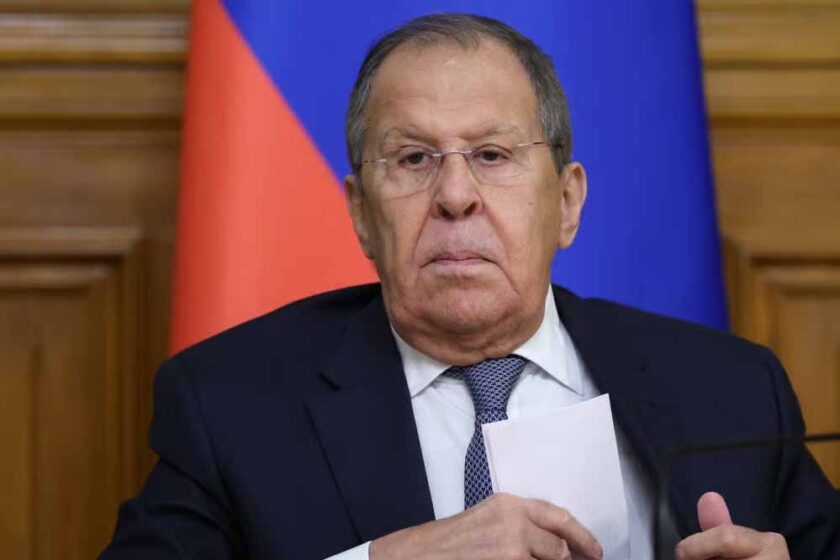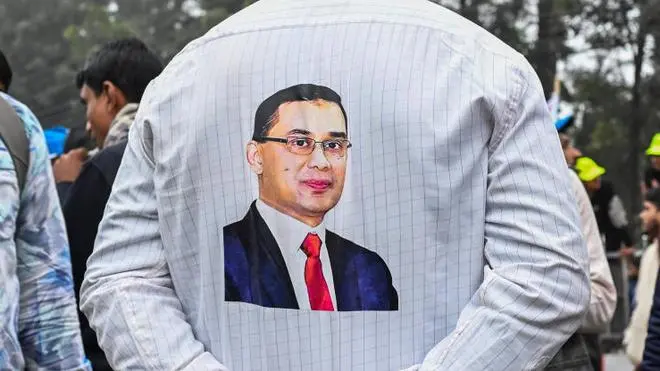New Delhi: In a move that has sent shockwaves across the global pharmaceutical industry, US President Donald Trump has announced a 100% tariff on branded and patented medicines, effective October 1, 2025. The decision, seen as part of the administration’s “America First” and “Make in America” policies, is aimed at boosting domestic production and reducing reliance on imports.
Trump clarified that companies establishing manufacturing units within the United States would be exempt. Alongside medicines, the White House also announced 50% tariffs on kitchen cabinets and bathroom vanities, and 30% on upholstered furniture, underlining the administration’s broader protectionist agenda.
Impact on India’s Pharma Exports
India, the world’s largest producer and exporter of generic medicines, faces uncertainty. The order specifically targets branded and patented drugs, a smaller portion of India’s exports. However, if generics are included, the impact could be severe. In 2024 alone, India exported nearly $8.7 billion worth of medicines to the US, accounting for about 31% of its total pharma exports.
Analysts warn that:
- Exports will take a direct hit — the US is India’s largest pharmaceutical market.
- Indian drugs will lose price competitiveness, doubling in cost for American consumers.
- Indian companies may face pressure to set up plants in the US, leading to higher operational costs.
- Employment in India’s pharma industry could suffer, given its heavy reliance on exports.
Why Generics Were Spared
Generics form the backbone of the US healthcare system. They are 80–90% cheaper than branded drugs, saving the system billions annually. If tariffs were extended to generics, American consumers would face skyrocketing medical costs, particularly impacting middle- and low-income patients. By sparing generics, Trump sought to avoid a political backlash at home while maintaining pressure on foreign drugmakers.
Global and Political Dimensions
The move is not limited to India. European drug manufacturers and even China are expected to feel the heat, potentially reshaping global supply chains. Developing countries could also face indirect consequences, as higher US drug prices may ripple across international markets.

Trump’s decision carries a strong political message: the US will prioritize local industry even at the risk of straining global trade partnerships. It is also a strategic signal to countries like India, China, and the EU to invest in local US manufacturing rather than treating America solely as a consumer market.
India’s Options Going Forward
For India, the challenge is significant but not insurmountable. Experts suggest:
- Diversifying exports to Europe, Africa, and Latin America.
- Negotiating relief through bilateral trade discussions with Washington.
- Investing in innovation to move beyond generics into patented drug development.
- Exploring joint ventures and US-based production units for larger pharma groups.
Short-Term Pain, Long-Term Gamble
For American consumers, the immediate effect may be higher drug costs until domestic production stabilizes. In the long run, Trump argues, the policy will generate jobs, strengthen supply chains, and enhance national security by reducing dependency on foreign suppliers — a lesson reinforced during the pandemic.
For India, however, the tariff bomb threatens its biggest pharmaceutical export market and underscores the urgent need to recalibrate its global trade strategy. The decision is a reminder that trade policies are never purely economic — they are deeply political, strategic, and global in their consequences.










